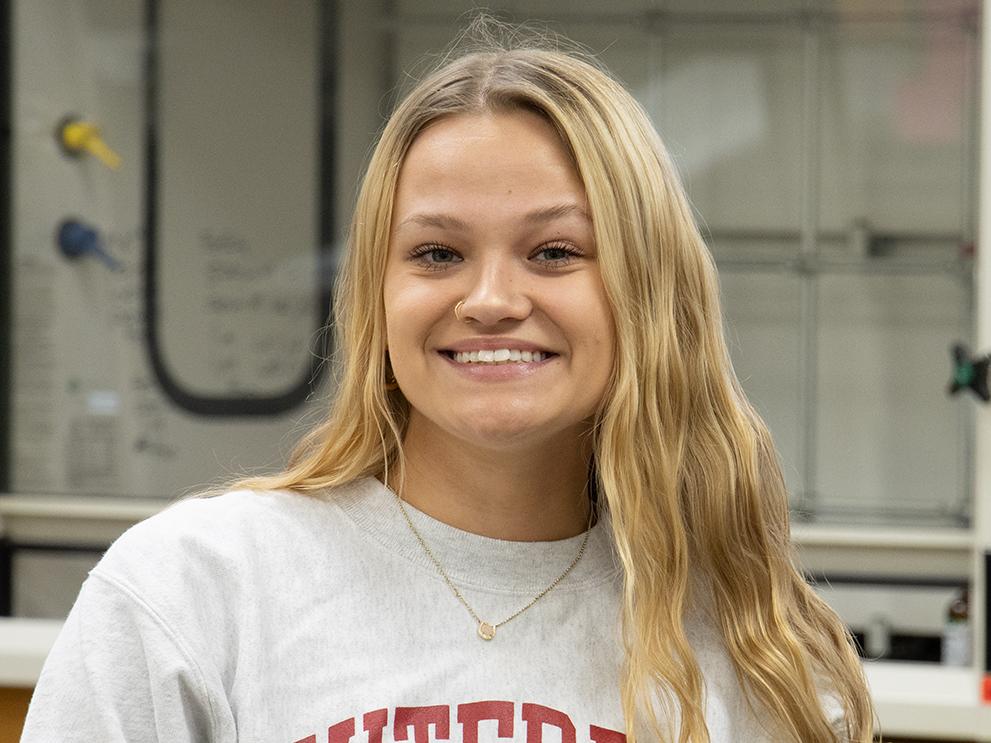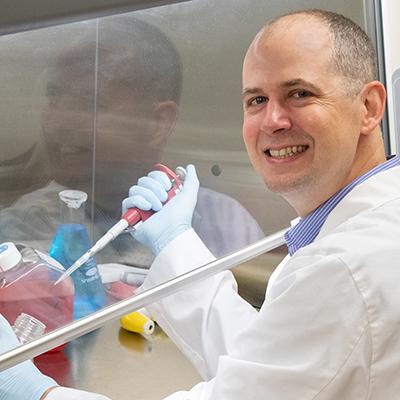A major in the natural sciences successfully prepares students for acceptance into health-related professional schools, science graduate programs, and immediate employment after graduation.
Program Information
Students in biology, biochemistry, and neuroscience are equipped with skills to be successful in a variety of exciting careers. Majors benefit from small class sizes, close working relationships with professors, and career exploration embedded within the curriculum. Viterbo also collaborates with a diverse range of employers to place students in relevant internship experiences. Students have the opportunity to pursue paid summer research experiences with faculty specializing in biological, biochemical, and neuroscience research. Our biology, biochemistry, and neuroscience graduates have an over 95% acceptance rate into health-related professional schools and graduate programs (compared to a national 40–60% student acceptance rate).












